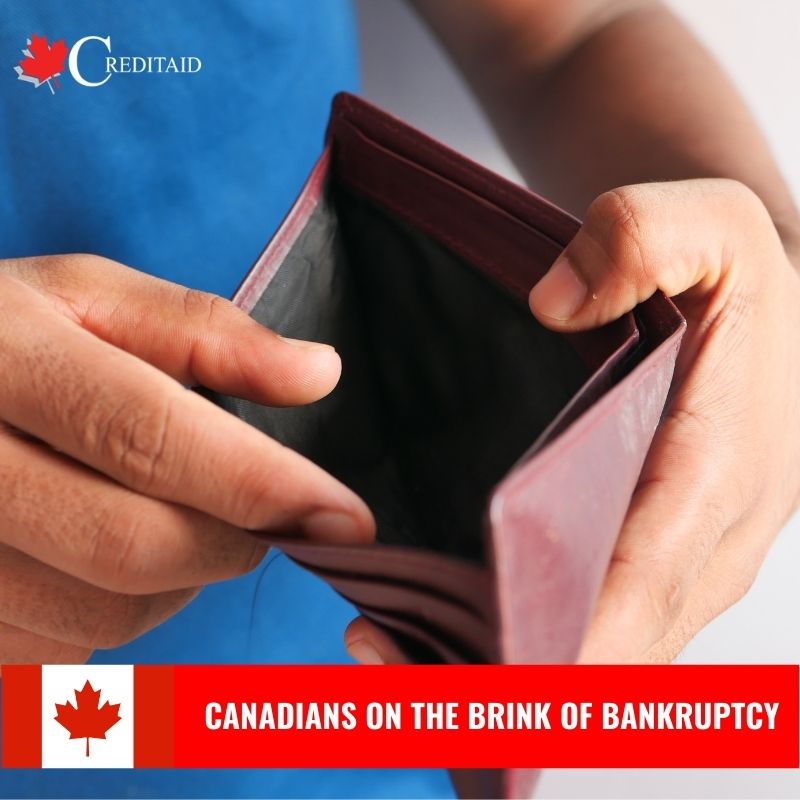If you’re feeling financial stress, you not alone. Over half of Canadians are within arm’s reach of financial insolvency thanks to the COVID-19 pandemic. The numbers are at a five-year high and don’t seem to be falling anytime soon.
Millions of Canadians wiped out their savings accounts during the heart of the pandemic and others relied on credit cards to make ends meet. But where does that leave them today?
If you’re coming off a job loss, shuttered business, or increase in bills, bankruptcy may seem like the only answer, but it’s not. Here’s what to do instead.
Get Debt Advice
First, don’t react without getting professional advice. Bankruptcy seems like the ‘easy’ answer, but it comes with complications most people don’t realize. A bankruptcy can affect your credit for at least 6 years after completion, whereas other debt solution options will have you rebuilding your credit within a year, sometimes less.
Get Tools to Stay on Track
Getting back on track may be as simple as cutting back on your expenses. If it’s all too overwhelming for you, a financial professional (an unbiased opinion) can help. Cutting back on eating out, gym memberships, and other habits may be all you need to get back on track. Don’t think of it as sacrifice ‘forever’ but a temporary solution to avoid bankruptcy and ruining your credit for at least 6 years after completion.
Discuss other Options
If cutting back on your expenses isn’t enough, there are other options including debt consolidation, a debt management program, or a consumer proposal.
Each option has its pros and cons, and the right solution for you depends on your situation. Working with a financial professional, you can look over your finances, decide what you can afford and which option will get you out of the financial issues with the least negative consequences.
Why Bankruptcy isn’t Always the Answer
We often turn to bankruptcy by default, but here’s how it could affect you:
- Drop your credit score to the lowest rating for at least 6 years after completion it remains on your credit report. This makes it near impossible to get any new credit in that time.
- You may lose your non-exempt assets in an effort to pay your creditors back a portion of your debts.
- It’s difficult to get new credit even after bankruptcy discharge. It can take many years to rebuild your credit to where lenders feel comfortable lending you money.
- It may be difficult to find a new job with a bankruptcy on your credit report.
Get Professional Support Before Filing Bankruptcy
We’re in difficult times even with the pandemic slowing down – Canadians are feeling the after effects. That doesn’t mean turning to bankruptcy is the only (or right) answer. You have many options and Creditaid is here to help. Contact us today for your obligation-free consultation to see what options you have before putting yourself in a more difficult situation with longer lasting effects.


